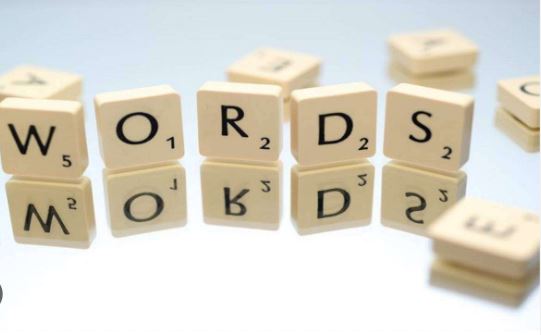Lifestyle
6 common errors to avoid in English

English may be easy enough to get started and communicate the basics, sure, so is every language under the sun. But it can take many long years for your ears and mouth to learn all the wacky expressions and phrases, all the myriads of ways of using the language.
The simple application of basic grammar and spelling are becoming more exceptional.
The road to achieving excellent flawless writing skills is long and arduous, but you can learn to follow the fundamental basic of English in your daily use of it.
Here are the 6 common errors to avoid in English:
Its vs. It’s
“It’s” is the abbreviated form of “it is” or “it has”, while “its” is the possessive adjective.
Here are some examples:
“It’s time to go.” (It is time to go.)
“It’s started to rain again.” (It has started…)
The company has changed its hiring policy.” (possessive – “its” refers to the policy of the company.)
There vs. Their vs. They’re
there =an adverb, in or at that place. There is only one lemon left. There should be an easier way to do this. I hope you don’t go there.
their=a possessive pronoun. Their mansion is beautiful. Their olive trees make me dream of Italy. Their baby cries a lot.
they’re=contraction of they are. They’re simply stunning. They’re going to perform for us. Don’t act as if they’re here already!
Lose vs. Loose
lose = a verb, to come to be without something; to suffer the loss of something.I do not wish to lose more weight. I was about to lose my ear ring. She cannot stand the thought of losing him.
loose = an adjective, free or released from attachment; not bound together; not strict. My belt is very loose around my waist. She likes to wear her hair loose and free.That is a loose interpretation of our document.
Easy reminder= Lose has come to be without its extra “o”!!!
Effect and Affect
effect =noun, produced by a cause; a result. The effect of your leadership is visible here. The rules are in effect as of today. What if the change has no effect?
affect =verb, to act on; to produce a chance. She affected all of us with her speech.The cold weather affected my plants last night.I let the movie affect me deeply.
Gone vs. Went
“Went” is the past tense of the verb to go whereas “gone” is the past participle. Use them correctly.
Correct: I went to the store. I should have gone to the open market instead.
Incorrect: I should’ve went somewhere!
Who’s vs. whose
“Who’s” is the abbreviated form of “who is” or “who has”.
“Whose” is a pronoun.
Examples:
“Who’s coming to the party tonight?” (Who is coming to the party?)
“Who’s ordered this pizza?” (Who has ordered this pizza?)
“Whose book is this?” (Who does this book belong to?)










